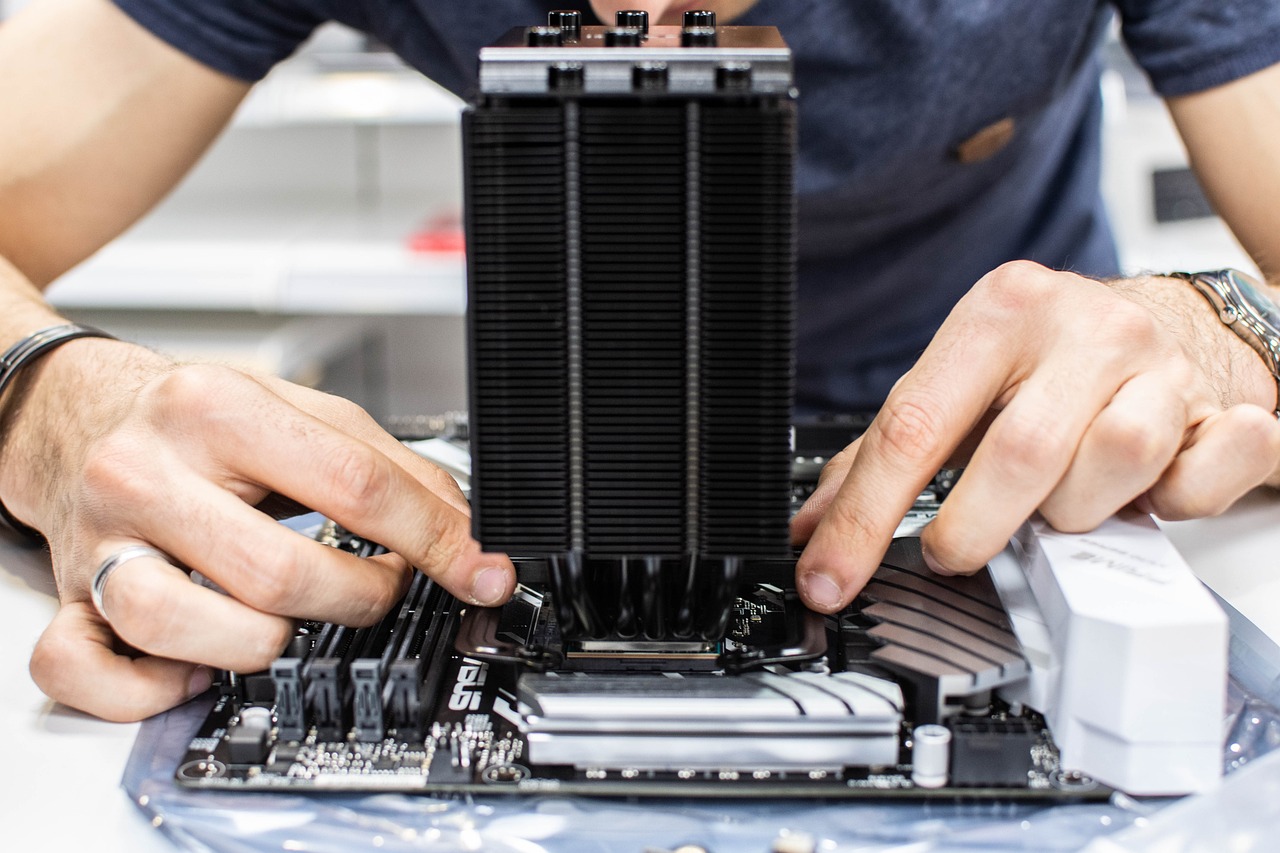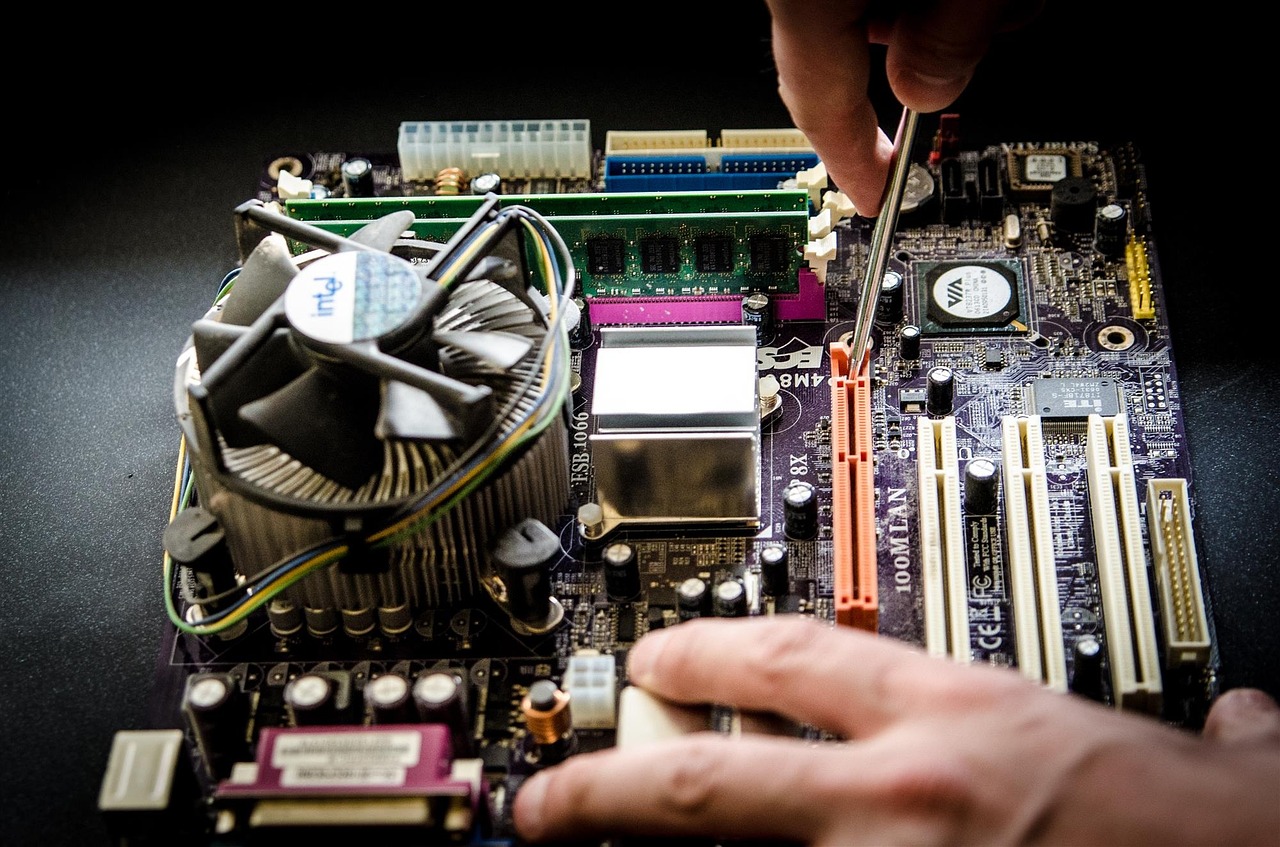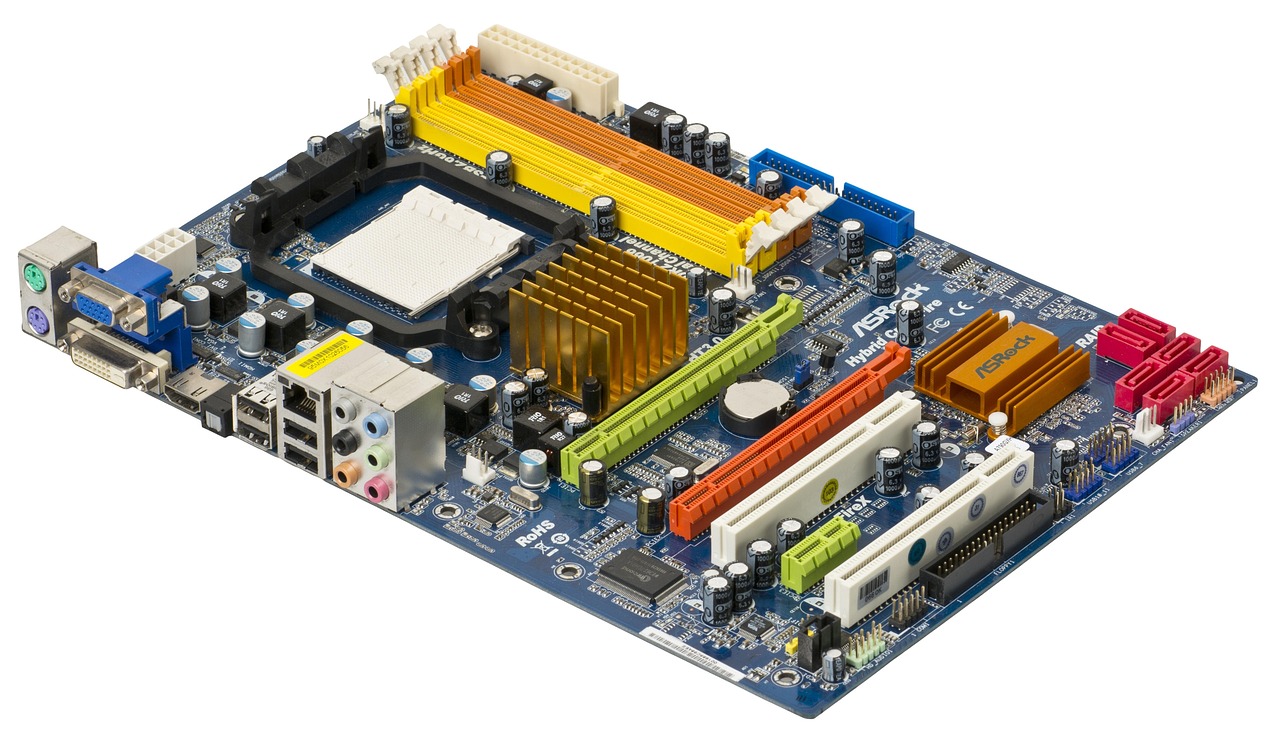When building a gaming PC, selecting the right motherboard is crucial for achieving optimal performance and ensuring compatibility with the latest hardware. This article will explore the essential features you should consider when choosing a gaming motherboard.
1. PCIe Slots
The number and type of PCIe slots on your motherboard are vital for supporting high-performance graphics cards and other expansion cards. Here’s what to look for:
- Ensure the motherboard has multiple PCIe x16 slots for future GPU upgrades.
- Look for PCIe 4.0 support for the latest graphics cards, which offers higher bandwidth.
- Check for additional PCIe slots for SSDs and other peripherals.
2. RAM Compatibility
Your gaming experience heavily relies on RAM performance. Here are the key aspects:
- Check the maximum RAM capacity supported by the motherboard.
- Look for motherboards that support high-speed RAM (e.g., DDR4 or DDR5).
- Consider the number of RAM slots available for future upgrades.
3. VRM Quality
Voltage Regulator Modules (VRMs) are crucial for stable power delivery to your CPU, especially when overclocking. Pay attention to:
- The number of phases in the VRM design; more phases typically mean better power delivery.
- Cooling solutions for VRMs, such as heatsinks, to prevent overheating.
- Reviews and benchmarks to gauge VRM performance under load.
4. High-Speed Storage Options
Fast storage is essential for quick load times and smooth gameplay. Look for:
- M.2 slots for NVMe SSDs, which provide superior speed compared to traditional SATA drives.
- Support for RAID configurations to enhance storage performance.
- Multiple SATA ports for additional storage options.
Conclusion
Choosing the right gaming motherboard can significantly impact your gaming experience. By focusing on features like PCIe slots, RAM compatibility, VRM quality, and high-speed storage options, you can build a powerful and future-proof gaming PC. Happy building!
“`



